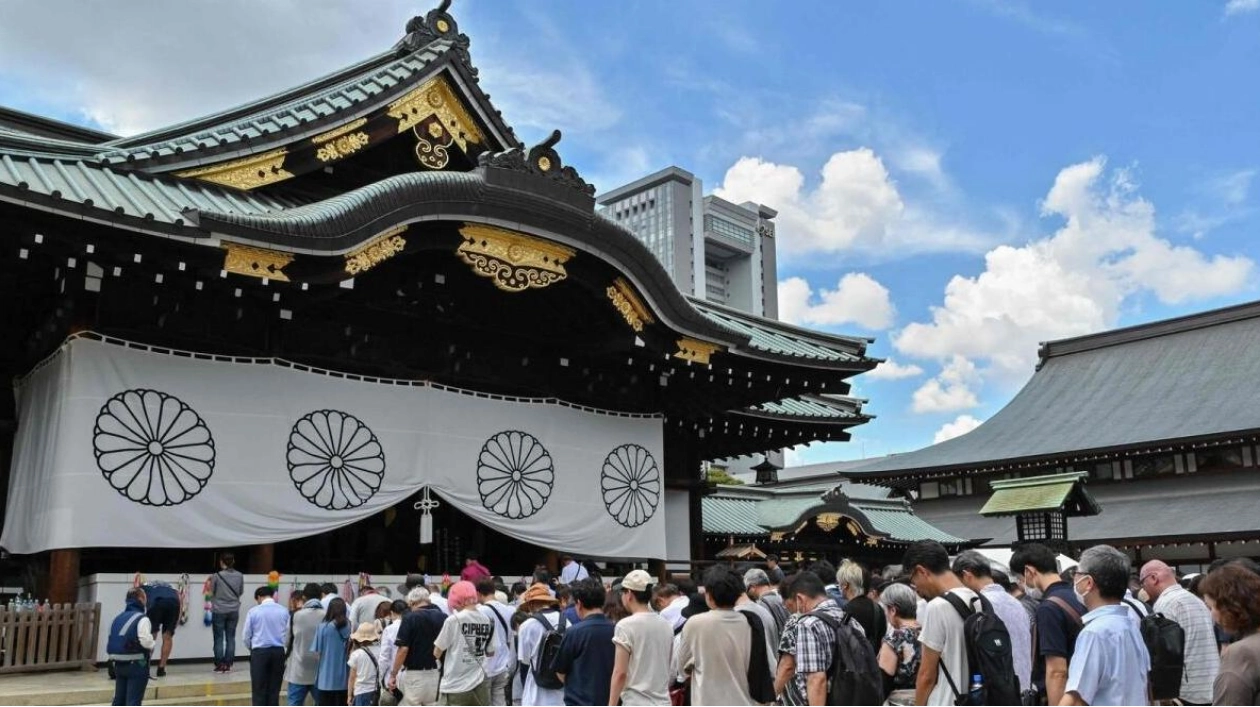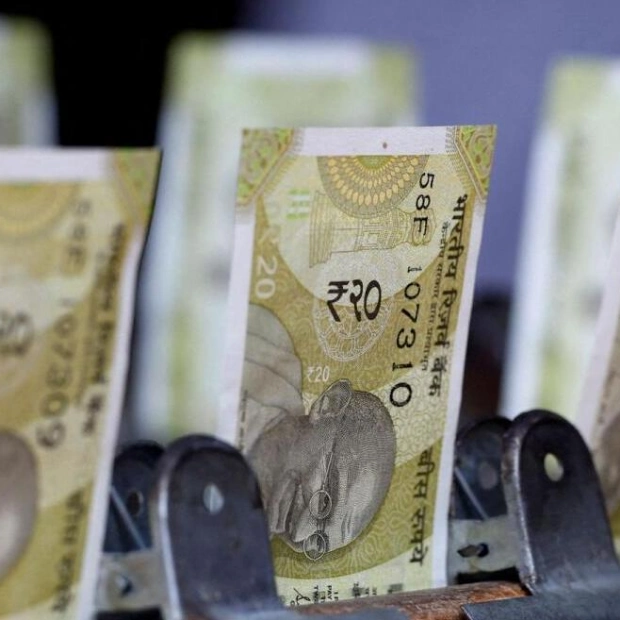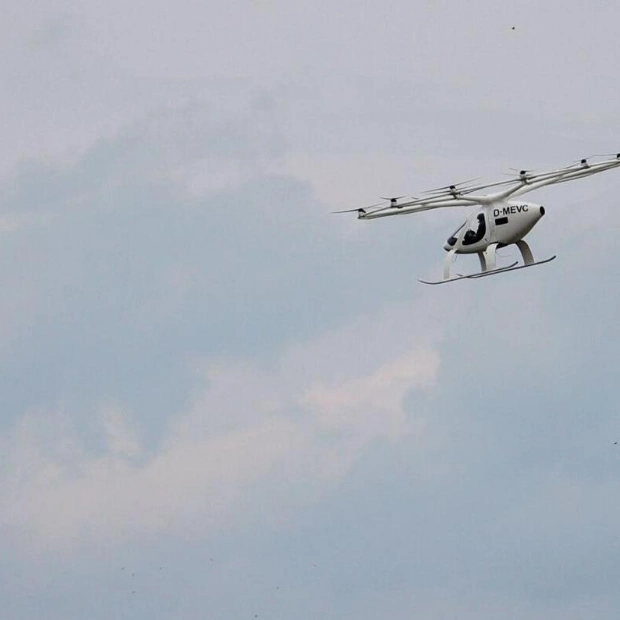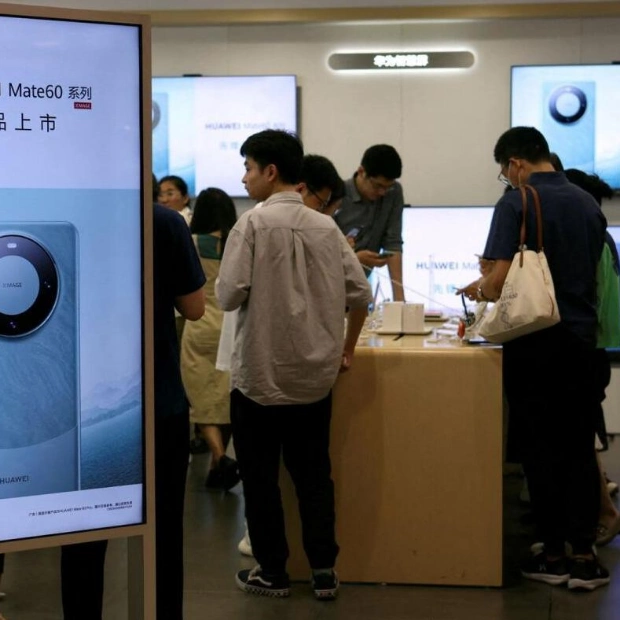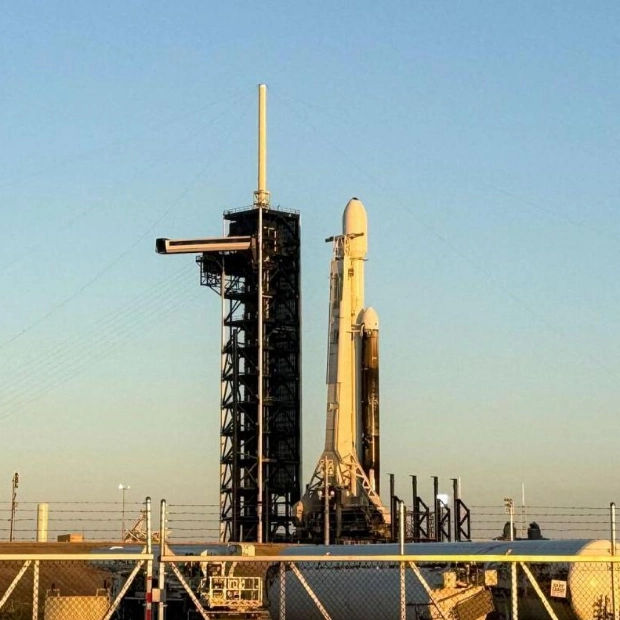Japan commemorated the anniversary of its World War Two defeat on Thursday, with at least three cabinet ministers visiting the contentious Yasukuni shrine, viewed by other Asian nations as a representation of Japan's wartime aggression. Defence Minister Minoru Kihara, Economic Security Minister Sanae Takaichi, and Economic Revitalisation Chief Yoshitaka Shindo paid their respects at the Tokyo shrine. The site honors 2.5 million war dead, including 14 notorious convicted war criminals such as wartime Prime Minister Hideki Tojo.
Kihara expressed profound condolences and respect for those who gave their lives, as broadcast on television. These visits mark the first by high-ranking government officials since Japanese Prime Minister Fumio Kishida, South Korean President Yoon Suk Yeol, and US President Joe Biden agreed to strengthen security ties. Japan's Chief Cabinet Secretary Yoshimasa Hayashi clarified that the ministers visited in a private capacity and that the government does not comment on such matters.
South Korea and China, both former victims of Japanese aggression, view the shrine as a focal point for conservatives seeking to downplay Japan's wartime atrocities. South Korea's foreign ministry called on Japanese leaders to confront history with humility and genuine self-reflection, crucial for forward-looking relations. China has also conveyed its strong objections to Japan regarding the shrine visits.
Yasukuni supporters argue that the shrine, established in 1869, honors all war dead, not just those accused of aggression. Visitor Yuka Watanabe emphasized the importance of remembering the sacrifices made by ancestors. Prime Minister Kishida, who plans to resign in September, refrained from visiting, opting to send an offering instead. Takaichi is among potential successors to Kishida, with no serving Japanese prime minister visiting Yasukuni since Shinzo Abe in 2013, a visit that drew criticism from then-US President Barack Obama.
